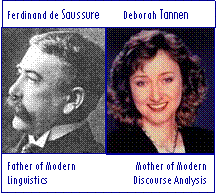
A minimal pair proves that two phones (i.e., sounds) are completely separate phonemes in that language (and not two different variations of the same sound like our various pronunciations for /t/).
A minimal pair consists of two words in a given language with all the same sounds (in the same sequence) except for one, in the same place in the word.
For example, cap and
gap are minimal pairs showing that /k/ and /g/ are separate phonemes in English. You can also have minimal triplets or minimal sets of sounds that are quite long. so add t
ap map, nap rap lap, sap, zap,map, chap, yap, (but not
dap, wap, shap, zhap, bap, fap, vap, which are all
lexical gaps just waiting to have a meaning assigned to them),
But not
crap. Why not? It has more than 3 segments/phones in it, which is all the others in the set have.
On the other hand,
crap and
clap are a minimal pair, showing that /l/ and /r/ are separate phonemes in English (or allophones of separate phonemes, to be more accurate).
However, crap and
crop are minimal pairs showing that /ae/ and /a/ are separate phonemes.
And
crop and
crock are minimal pairs showing that /p/ and /k/ are separate phonemes (in case you thought they were two variations of the same sound (: , which would just be sad ).
So the contrastive sound in a minimal pair can be initial, medial, or final in position, as long as both are in the same position in their respective words.












